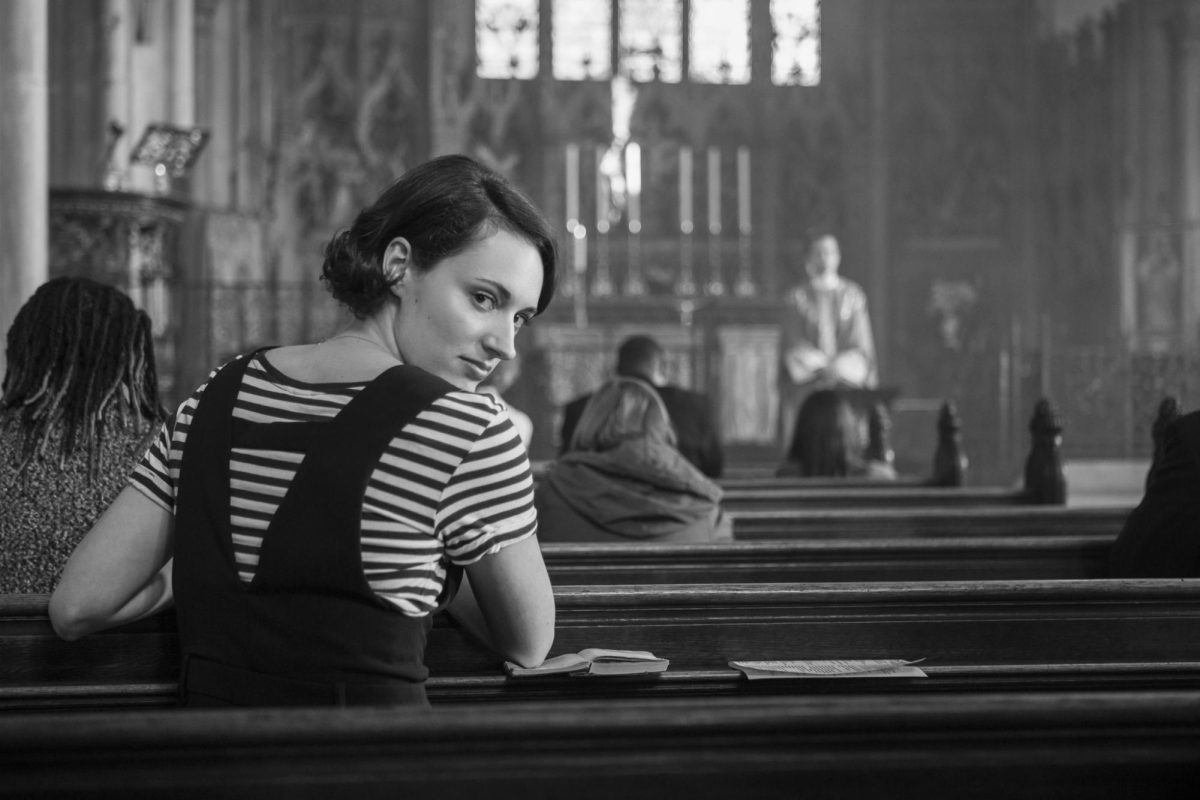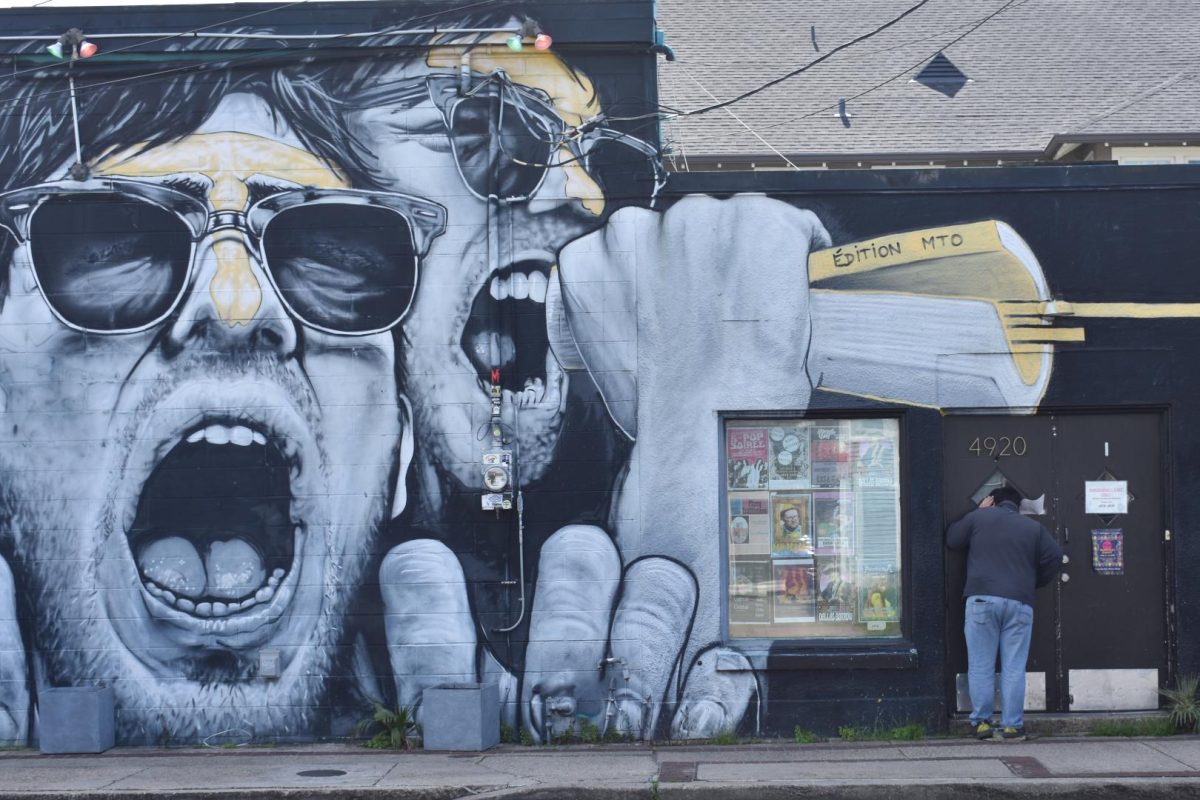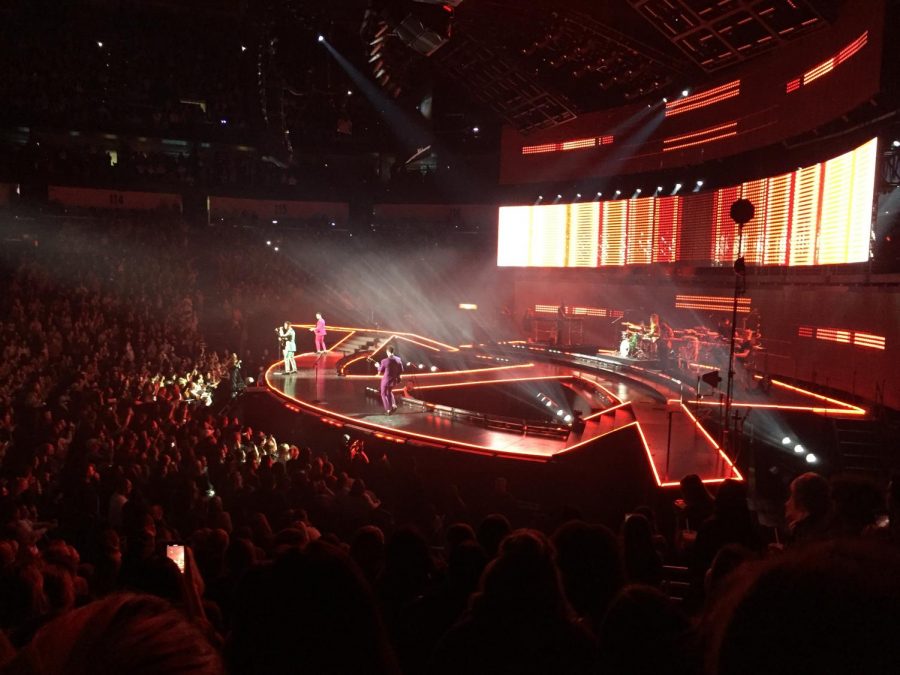“Go out and get some fresh air,” the Ripley star tells EW with a laugh. “Stop watching. Stop crying. Stop crying in your room with your curtains closed. Do something better with your life. It’s a great show, we all love it, but come on now, pull yourself together. Open the curtains and go outside.” Andrew Scott, a season 2 cast member, on people still watching Fleabag, from Entertainment Weekly
The girls have been tapping into Fleabag discourse for 5 years and counting since the release of its final season; twitter threads have absolutely exhausted this very topic. So after all this time, why hasn’t this witty and emotionally complex series gotten stale? Why am I still simultaneously giggling and crying at my computer during my 5th rewatch? This is sad, right? Despite our beloved hot priest’s advice, I am indeed writing this very review inside with the curtains closed all with the hopes to harp further. Fresh air will have to do without me for the next couple hours! Whether it be the allure of the manic pixie feminist, the undeniable chemistry of the ensemble cast, the intimacy of the broken 4th wall, or simply Phoebe Waller-Bridge’s charming, flawed, yet ultimately relatable character, Fleabag has very much remained within the cultural consciousness, or at least within my algorithm.
Although the series was made for the stage, and was born out of Phoebe Waller-Bridge’s 2013 one-woman show, it’s surprisingly not a proclamation of feminist theory & systemic misogyny ingrained into our socio-political structures. That would be far too simple for someone like Phoebe Waller Bridge who, luckily for us, was blessed with unabashed honesty within her writing. She rejects the mold of what feminist writers should discuss; Fleabag breaks girl code, puts all of her self worth into sexual relationships with strange men, and would lose 5 years of her life if it meant she could have the “so-called perfect body.” The self aware nature of Fleabag is part of the reason audiences find her so likable. Her refusal to fake her desires and instincts, although at times problematic, is inspiring in a world where we’re supposed to be good feminists who couldn’t care less about the male gaze.
The series is much more than a nuanced perspective on feminism, though. Fleabag is so funny because it holds so much truth. For example, as someone who grew up with a type-A older sister, I understand the sisterly dynamics between Claire and Fleabag perfectly. The general lack of communication, the post-haircut melodrama, the stealing of the red sweater, and the inability to give one’s sister a non-awkward hug is a seemingly universal experience. We hate each other and can hyper analyze our respective flaws, but we’re ultimately grateful to be stuck together. Who else would we make knowing eye contact with during a passive aggressive family dinner?
On a more serious note, it would be a disservice to the complexity of the series to not call out the headless gold statue in the room. All of the chaotic journeys that Fleabag embarks on are ultimately mechanisms used to cope with the profound losses she has endured in her life. She is simply a grieving daughter and best friend who can’t figure out where the love goes after someone dies. She is proof that grief isn’t always heavy and melodramatic; it’s allowed to look like whatever you want it to! It can crack politically incorrect jokes and make others uncomfortable because it’s all yours, and it is nothing without the love it came from. This series is beloved because it’s about all kinds of love: how it can be small, big, misplaced, abandoned, taken for granted, and all consuming in both beautiful and painful ways. That’s the real reason we remain crying in our room almost 8 years later, even if they’re happy tears.







